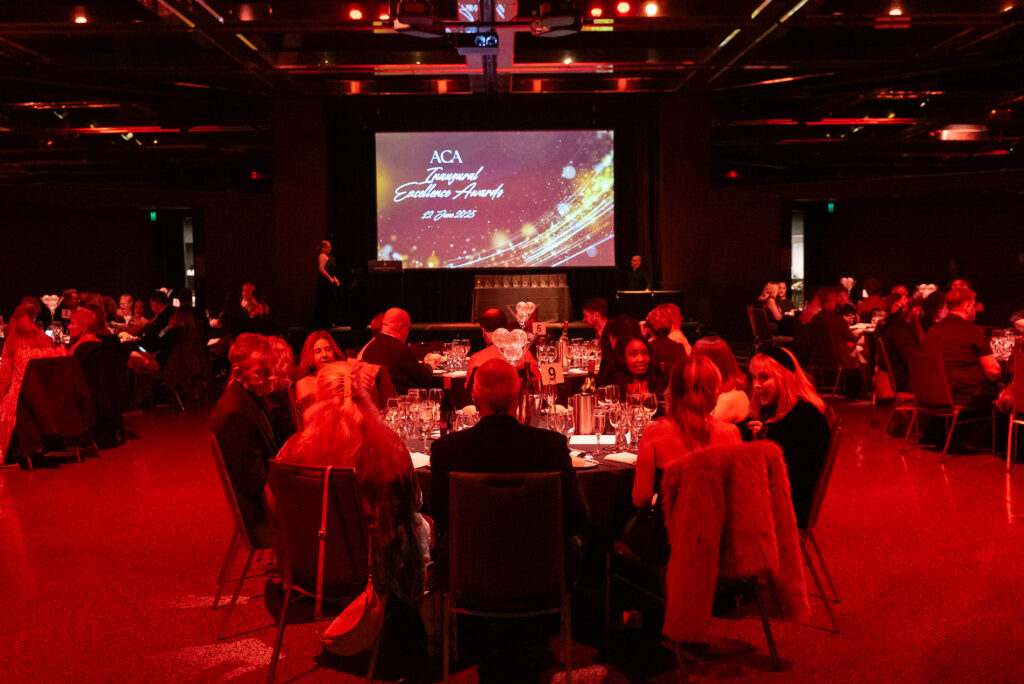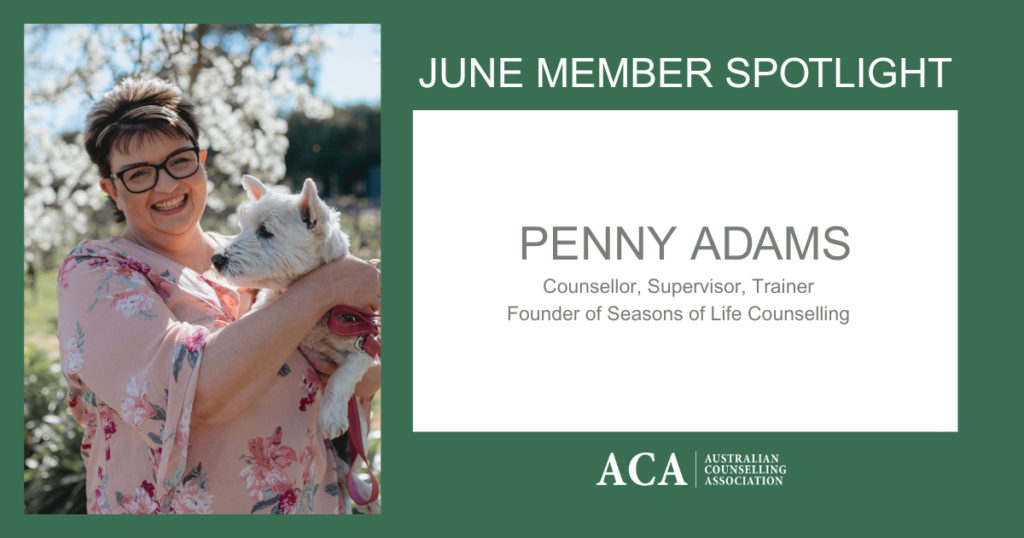Kashish Chugh is a dedicated student counsellor navigating her final year of studies. Throughout 2025, we will follow Kashish’s journey as she balances academics, practical experience, and personal growth on her path to becoming a professional counsellor. Through her monthly blog, she will share insights, challenges, and valuable lessons, offering a real and relatable perspective on life as a final-year counselling student. Stay tuned for an inspiring year ahead!
From Theory to Practice: My First Steps in Counselling
Starting my counselling placement was both exciting and daunting. Years of psychology coursework had given me a strong foundation, but I soon realised that real counselling extends far beyond theoretical knowledge. The transition from classroom learning to working with clients was more complex than I had imagined.
I had assumed that counselling was just about those 40-minute sessions – being present, listening, and offering insights. But I quickly learned that it involves much more than that. Every session requires mental preparation beforehand and reflection afterwards. You cannot simply step into a session unprepared or leave a client with unresolved emotions. It was a powerful lesson in the responsibility that comes with being a counsellor.
My First Counselling Session: A Lesson in Human Connection
I vividly remember my first real session. My client was a psychology student, and that made me nervous – I felt immense pressure to get everything right. I worried she would evaluate my techniques or judge my skills.
But as the session unfolded, I realised something important – no matter a person’s background, they simply want to be heard. My client wasn’t looking for a perfect therapist; she needed a safe space to talk. Once I let go of my fears and focused on listening, the session flowed naturally.
This experience shifted my perspective on counselling. It’s not about applying every technique perfectly – it’s about creating a space where people feel understood.
The Challenge of Letting Go of Control
One of my biggest early struggles was not always having the answers. I had moments where I felt stuck, unsure of what to say next. But I soon learned that counselling is not about providing solutions – it’s about helping clients explore their own.
In one session, my client was struggling with adjusting to a new place. We both felt unsure of how to move forward in the conversation. Then, I asked a simple question: “How do you think I can help you with that?”
That one question changed everything. Instead of focusing on surface-level concerns, she began exploring the deeper emotions behind her struggles. It was a reminder that sometimes, the simplest questions lead to the most profound insights.
Lessons from My First Steps in Counselling
Through my early experiences, I learned that counselling is not about being perfect – it’s about being present. Carl Jung’s words capture this well:
“Know all the theories, master all the techniques, but as you touch a human soul, be just another human soul.”
My biggest takeaway? It’s okay not to have all the answers. What truly matters is providing a space where clients feel safe, supported, and empowered to explore their own journey.
Advice for Future Counselling Students
If I could give one piece of advice to students beginning their counselling placements, it would be this:
“It’s okay. You can.”
- You don’t have to have all the answers – your role is to help clients discover their own.
- You won’t always feel confident, but that’s part of the process. Growth happens in discomfort.
- You don’t need to fill every silence – sometimes, the most meaningful insights come when we pause and allow space for reflection.
Trust yourself. Trust the process. And most importantly, trust in the power of simply being present for another human being.




